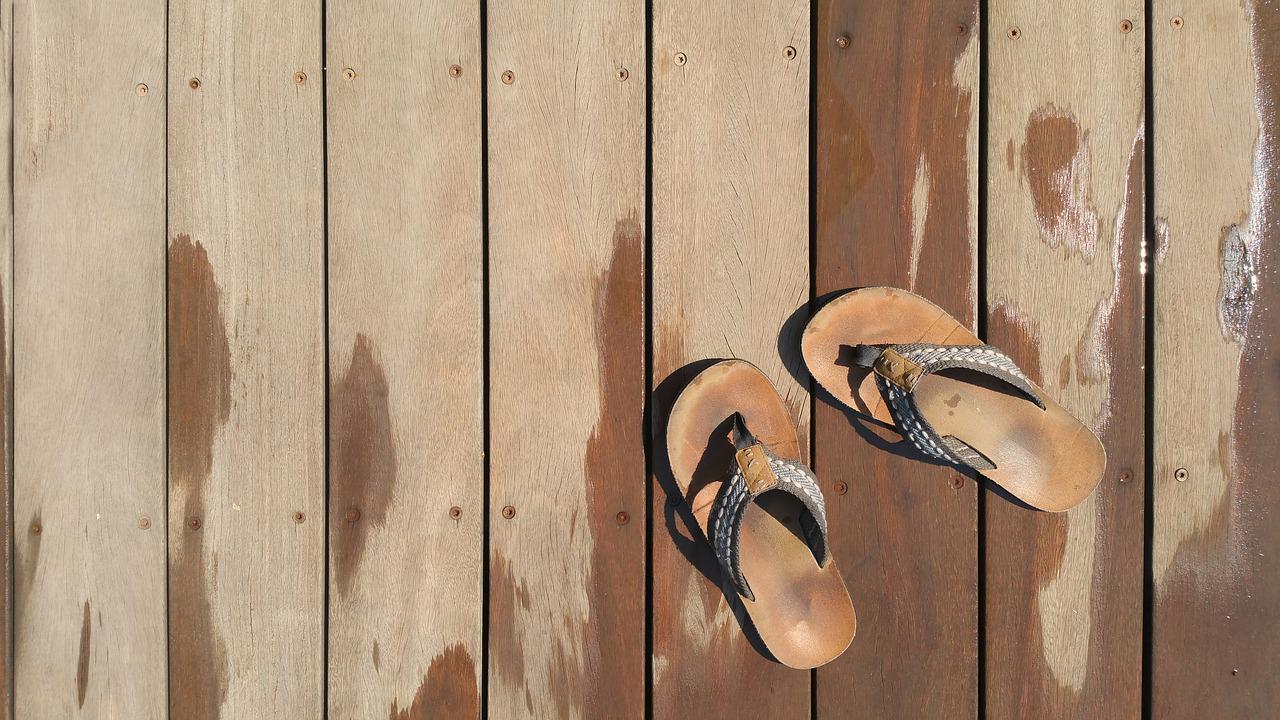Property occupiers, including property owners and tenants, have a legal duty to keep their property reasonably safe.
Visitors or guests might have a claim for damages arising out of injuries that occurred due to unsafe conditions at a property. For example, the most common type of premises liability case is a slip and fall accident. Serious accidents can happen anywhere and under any number of circumstances – they are not just confined to icy conditions that occur in the winter months.
This article looks at some of the basic principles of occupier’s liability. We also look at a recent decision of the Superior Court of Justice of Ontario in which a person claimed damages after jumping down a hill following a concert.
Occupiers have a duty to take care such that people are reasonably safe while on premises
Under the Occupier’s Liability Act, an occupier has a duty to take such care as is reasonable in the circumstances to see that persons entering the premises are reasonably safe. This applies whether the danger is caused by the condition of the premises or by an activity carried on at the premises. The mere presence of a hazard does not inevitably lead to the conclusion that the occupier has breached this duty – the standard of care is one of reasonableness.
However, this duty does not apply to risks willingly assumed by the person. The occupier in that case is duty-bound not to create a danger with the intent to harm or damage the person and to not act recklessly disregarding the presence of the person.
Furthermore, if the person is also negligent, liability can be apportioned to reflect the fact that both parties were partially responsible for the injury. This is the concept of contributory negligence, and it can serve to reduce the amount of damages awarded to the injured plaintiff.
Plaintiff tore ACL after falling on a slippery hill
In the recent case of Lyng v Ontario Place Corporation, the 21-year-old plaintiff was injured after attending a Toby Keith concert at Ontario Place. The plaintiff and a friend exited the concert and went to a bridge that normally provides the shortest distance to the Go Station. However, the bridge was closed and there was no signage to indicate this. There were two guards preventing entry to the bridge.
The plaintiff followed his friend down a wet grassy hill beside the bridge. There had been a severe thunderstorm that stopped during the concert. Whilst wearing flip-flops, the plaintiff, who had consumed a few drinks, decided to jump over the last six feet of the hill. He landed awkwardly on his straight left leg and tore his ACL.
The plaintiff sought compensation for his injuries from Ontario Place under the Occupier’s Liability Act.
The defendant fails to keep the premises reasonably safe
Justice Skarica found that Ontario Place did not take reasonable measures to keep the plaintiff safe:
Without signage or other assistance, it is not reasonable to expect two guards to give adequate directions to an unknown number of people which could include up to hundreds or even thousands of people. It is reasonable to foresee that a significantly sized crowd would approach the blocked bridge and then would go around it onto the wet, slippery, hazardous hill, a situation created by Ontario Place’s blocking of the pedestrian bridge.
His Honour decided that the wet hill was a hazard and that Ontario Place made no reasonable effort to stop the crowd from going onto the hill. They had barriers that they did not use, or they could have placed a sign at the top of the hill warning people not to go down. Signs and barriers could have prevented people from approaching the closed bridge. These measures would have been simple and inexpensive.
As a result, his Honour decided that Ontario Place failed in its duty under the Occupier’s Liability Act.
The plaintiff did not willingly assume the risk
Justice Skarica decided that the plaintiff did not willingly assume the risk, such that the defendant was absolved of liability. His Honour explained that liability is only excused where the person assumes both the physical and the legal risk in the activity. It is a narrow exception that only applies where the person waives any legal rights that might arise from the defendant’s negligence.
As the plaintiff did not consent to the legal risk, Ontario Place was liable for breaching the duty.
But the plaintiff contributed to the situation, reducing the amount of compensation
However, Justice Skarica found that the plaintiff, by jumping, was negligent. There was a substantial connection between the plaintiff’s injury and the defendant’s conduct though – the plaintiff should never have been on the slippery hill:
Patrick Lyng jumped over the hill after drinking and while wearing flip-flops. All his damages could have been prevented had he not jumped. However … it was the defendant’s negligent acts that set off the train of events which placed the plaintiff at the bottom of a wet, hazardous, slippery hill which was a hazard known to Ontario Place; it was foreseen and could have been easily prevented.
As a result, his Honour apportioned 75% liability to the defendant and 25% to the plaintiff. The plaintiff was awarded approximately $130,000 in general damages, loss of income and loss of competitive advantage.
Contact Tierney Stauffer LLP for Advice on Premises and Occupier’s Liability Claims
If you are injured in a slip and fall accident or as a result of unsafe conditions, it is critical to receive prompt legal advice so you can understand your rights and obtain the best resolution to your situation. At Tierney Stauffer LLP, our personal injury team has over 35 years of experience practising personal injury law and has guided hundreds of injured individual clients following their accidents with excellent results. Contact us at 1-888-799-8057 or reach out online to book a consultation.


